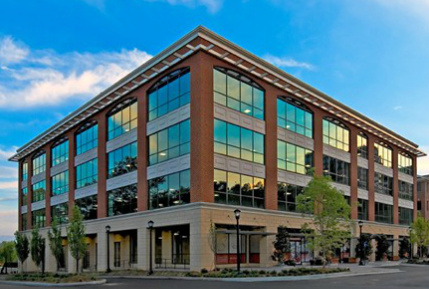What is an Annulment? Thinking of annulling a marriage in Georgia?
One of the questions our family law firm receives frequently has to do with the annulment of a marriage. “Can I annul my marriage?” “Is annulment better than divorce?” “Do both persons have to consent to annul a marriage?” Before going further, let’s break down what annulment means in Georgia.
Both divorces and annulments make definitive legal decisions towards the fate of a marriage. Divorces usually involve a set legal process and the division of assets as well as determinations of child custody, child support payments, and alimony. Most divorces are civil terminations of a marriage that existed and was valid in front of the eyes of the law. This is where the major difference lies between annulments and divorces. Annulments of marriage are, in civil law, a declaration that a marriage was never truly valid, hence it never really existed.
Now, you might be asking yourself, how can a marriage not have been valid? This is where the process of annulling a marriage can become complicated. In general, nationwide, annulments are harder to be successfully won than divorces. This is because annulment laws tend to be very well defined and might come with time limits. Georgia is a state with considerably stricter annulment laws than other states, like Nevada.
In Georgia there are a few acceptable grounds for annulment:
- Bigamy: One or both spouses are legally married to a living person.
- Incest: The spouses are closely related.
- Incompetence to comply: At the time of the marriage, one or both spouses were not of sound mind.
- Underage: At the time of the marriage, one or both spouses were underage and did not receive consent from their legal guardian(s) to be married
- Coercion or Fraud: One or both spouses were coerced into the marriage and/or one or both spouses engaged in fraudulent behavior.
Prohibition of annulment:
- Georgia law explicitly prohibits annulments when a spouse is pregnant or if the marriage includes children.
Common questions regarding annulment in Georgia
In Georgia, an annulment follows very similar procedures to that of a divorce. Just like divorces, annulments can be messy situations, legally and socially. Similar to divorce an annulment can usually take three routes. First, both spouses can collaboratively agree to the annulment. This can make the process streamlined and quick. If a spouse files for annulment and the other partner does not respond within the court’s allotted time frame then a judge can void the marriage directly. But, if a spouse rejects the proposal, then this legal process can go all the way to trial.
Experienced Georgia Family Law Firm
For some, an annulment might be the right option in ending a marriage. Divorce can carry heavy pressure and social stigma for certain individuals, so an annulment could be an easier decision to make. Whether you are considering annulling a marriage or weighing your options in considering divorce, we highly recommend choosing the right attorney, especially one with experience in family law and divorce. The Edwards Law Group has over a decade of experience in this field. Joy Edwards and her team dedicate their time and resources towards defending their clients and fighting on their behalf. If you have any questions regarding divorce or family law matters, contact us.






